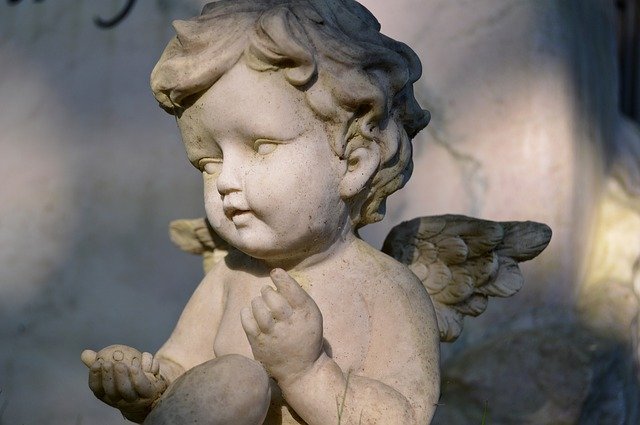It was a conflict of needs and comforts. The full day was an uneasy dance between disabilities. It was Christmas at our house, autistic sensory overload in full swing and a new family member trying to find her place with us in her last trimester of life.
The dance was awkward, at times unwelcome, but there was love. Our newest addition rained gifts upon us in abundance. The children were delighted, my husband and I confused. We hadn’t reciprocated in kind because we didn’t know this woman very well. Kathy was my husband’s aunt, but had been largely absent from his life until fading health brought her to us. She was a puzzle, and one we weren’t certain we were up for taking on except she was family, and you always make room for family.

So we made room. We turned the TV to her favorite channel and left it on even though the flickering lights and sounds grated and sent our child into sensory overload. We tried to separate him so he could stim, but his meltdown aggravated Kathy. She snapped at him and made suggestions about our parenting. She was ignored at first, and then corrected.
It was a tense exchange that sent me into my own sensory overload. I had to take my own break to stim. Kathy was not unkind. When she saw we were overextending, we were able to work for a balance. The day felt long, and like we were marching through it in clothes that didn’t fit, but it was good. By the end, we’d forged a new definition of “us.” I made notes for future holidays; how I could better juggle the conflicting bodily needs of those gathered together. We had made the room for Kathy in our lives and I was prepared to keep it up.
I knew it wasn’t easy for our aunt to feel safe or at home. She had moved in with my mother-in-law after her health failed, her marriage ended and her children refused her. She had to leave her dogs behind. She was unable to care for herself. Dementia was settling in and her body was painfully failing. What she sought was love and basic creature comforts. She knew it wasn’t easy for those providing her care.
It wasn’t long after she moved in with my in-laws that Kathy fell and broke her elbow. After that, her health spiraled quickly from bad to worse. She required hospitalization and round-the-clock care. She was moved into assisted living. And then she was gone.

To love her, we needed to provide her context: Her childrearing ideas were a product of her time period. Her moodiness a product partially of her personality but also of her situation. And her dependence, even though it chafed, was a gift. It is always a gift to be trusted and to be able to honor that trust. I don’t know how to grieve Aunt Kathy’s loss other than to say that she did have a place in my heart. That she was loved by all of us.
I keep thinking about next Christmas. About mashed potatoes on the menu because she loves them. About the TV in a separate room from the Christmas tree and the dining room table. About scheduled breaks for the kids and myself so that we all grant each other space for self-care in order to maintain the love we were cautiously building.
It is hard to let go of someone we have only just learned to hold on to.
Kathy’s last Christmas was Kathy’s first Christmas with us. I’m glad we were able to share it. And while I don’t have any specific beliefs about what, if anything, comes after our bodies die, I hope she is at peace.
Note: This is a post I wrote shortly after Aunt Kathy passed. I am thinking of her right now as our first Christmas without her approaches.
images from pixabay.com
